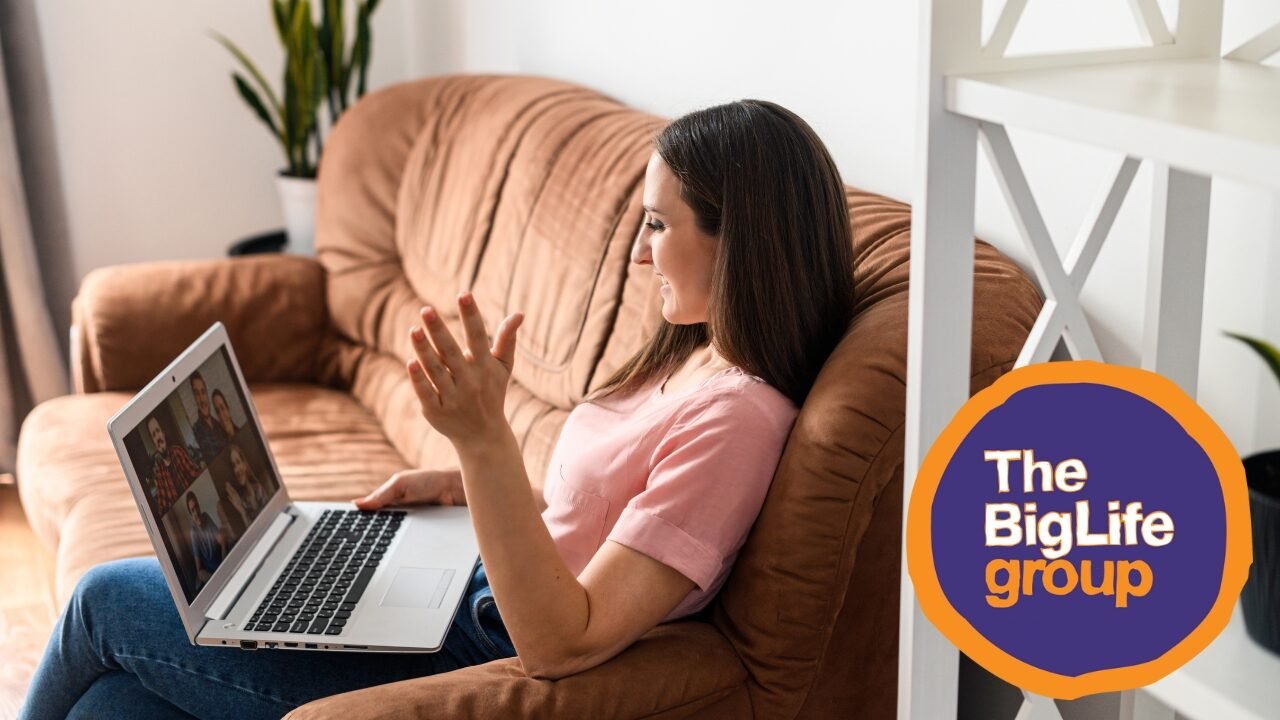
This paper, co-authored by The Big Life group alongside academics from Manchester, Lancaster and Liverpool universities, examines differences in client outcomes between clinician- (Psychological Wellbeing Practitioner) and non-clinician-supported, low intensity eTherapy.
The authors found no evidence to support differences in the likelihood of recovery between clients in the non-clinician-supported site and clients referred to the clinician-supported site, and put forward the case for expanding non-clinician supported eTherapy services.
The study evaluates the effectiveness of clinician-supported versus non-clinician-supported eTherapy for anxiety and depression within two community based, NHS Talking Therapy services, delivered by a third sector organisation in England between April 2018 and March 2019.
The study analyses outcomes from 494 clients using standardised measures (PHQ-9 and GAD-7) before and after treatment, comparing those supported by clinicians (Psychological Wellbeing Practitioners – PWPs) and non-clinicians (eTherapy Coordinators).
The findings show no significant difference in recovery or improvement rates between the two support models after adjusting for demographic and clinical variables.
This suggests that non-clinician-supported eTherapy is as effective as clinician-supported eTherapy for treating anxiety and depression.
The results support expansion of non-clinician-supported eTherapy services to help address clinical workforce shortages and improve access to mental health care.
Discover more about The Big Life group:
Big Life is in the business of changing lives. Our mission is to fight inequality and change lives. We work with people on all areas of their life and help them with the things that matter most to them first, working with them to remove all the obstacles to changing their life for the better. We help people see the skills and support they already have so that they can build on it. To make sure we do this, we work in the Big Life Way.